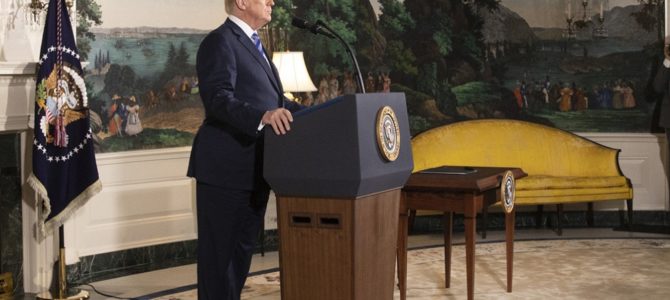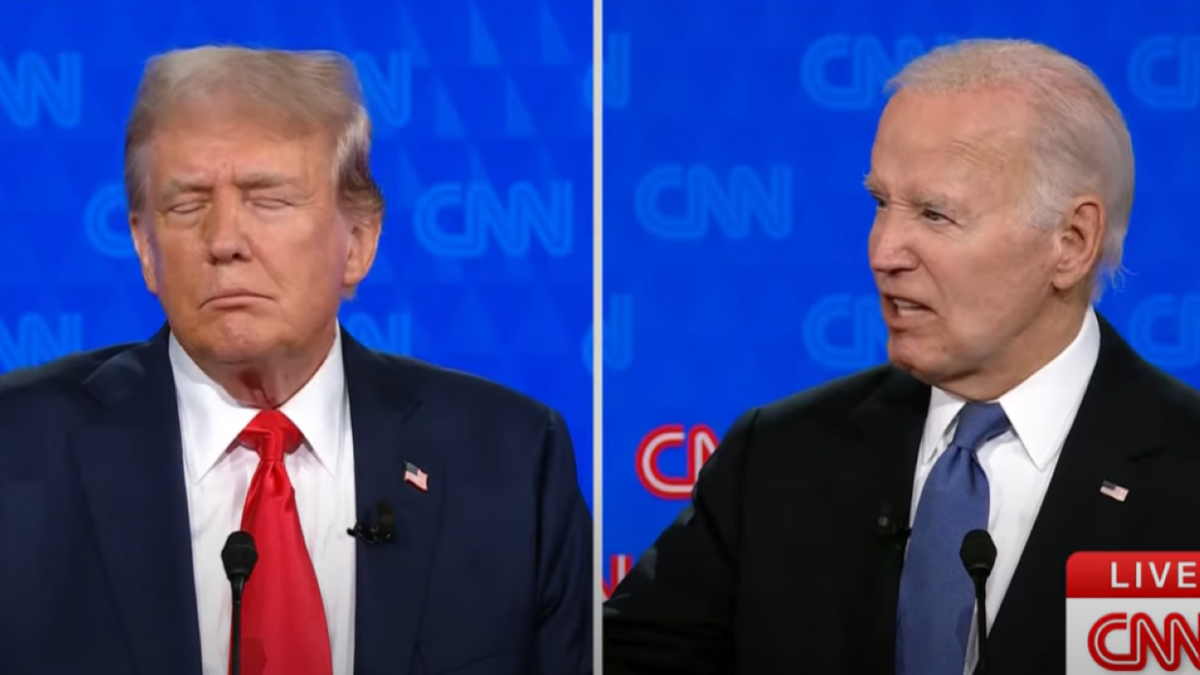
This past week, at the annual conference for the American Israel Public Affairs Committee (AIPAC), Sen. Ted Cruz (R-TX) spoke of the danger of a nuclear Iran and steps the United States could take to quell this threat:
Iran and the threat of a nuclear Iran, I believe is the gravest national security threat facing the United States. And the gravest threat facing Israel. We need to be using maximum pressure…You know right now in the administration there are debates about what maximum pressure means. And indeed, there are folks within some agencies that are resisting where the President and the administration want to go. One of the things I think we need to do is end the oil waivers. End them now. No more oil waivers.
Cruz’s emphasis on eliminating Iranian oil waivers highlights a contentious debate brewing over how best to deal with America’s withdrawal from the Iran Deal and how much pressure to apply on Iran’s repressive regime.
Waivers have been used as a balm to protect Iran from economic collapse following President Trump’s exit from the Iran Deal and the swift reinstatement of sanctions this past November. The Trump administration has expressed aims of removing Iranian crude exports entirely from the market very soon, but arguments within the State Department questioning the feasibility of such an aim have garnered suspicion.
Since November, the reinstating of oil sanctions alone under Trump have resulted in a loss of $10 billion in revenue for the Iranian regime, as roughly 1.5 million barrels per day (bpd) of Iranian crude oil have been taken out of the global marketplace. However, around 1.2 million bpd of Iranian crude oil have been permitted to remain in the market due to the waivers.
The waivers have allowed Iran to continue to rake in billions of dollars, thus enabling the country—and the repressive regime—to stave off economic collapse. Many experts on both sides of the Iran debate think Iran is positioned to wait out the Trump administration’s pressure campaign, perhaps indefinitely, unless the Iranian economy sustains a dramatic shock.
The State Department is seeking to reduce some waivers, but routinely argues that a significant portion need to be left in place to prevent shock within the global oil market. Currently, among waiver recipients are Iran’s eight largest customers. The State Department says there simply isn’t enough oil on the market to prevent price spikes if Iranian oil exports were brought to zero.
Those in the State Department arguing for the extension of such waivers (and campaigning to keep Iranian exports in the oil market) have pointed to numbers produced by the U.S. Energy Information Administration, which project that world supply in 2019 will exceed demand by 440,000 bpd per day.
This implies that removing Iranian exports from global markets would create an oil shortage in the ballpark of 800 bpd. But this value is not the whole story—and arguably incorrect.
The State Department’s value of 440,000 bpd suggests those resistant to bringing Iranian oil exports to zero are engaging in suspicious math. The appropriate value to use when predicting the impact of bringing Iranian oil exports to zero is spare capacity—what producers are capable of bringing to market, should a crisis or shortage arise.
“Spare capacity” is how oil producers manage market prices. The U.S. International Energy Agency recently reported to Bloomberg that the Organization of the Petroleum Exporting Countries’ spare capacity is in the range of 2.8 million bpd, “more than enough to offset Iranian supply losses.”
The spare capacity of 2.8 million bpd means the market is able to absorb a shock—or a deficit—of nearly 3 million bpd. There are other suppliers that could rise to fill the gap created by Iranian oil if it were to be taken off the market. In short, the market can handle the loss of Iranian oil exports.
The State Department’s message of “doom and gloom” in regards to the impact of harsher sanctions is at complete odds with what other U.S. officials have expressed. So why are those in the State Department parroting alternative numbers?
There have been murmurs that Democrats should seek re-entry into the Iran Deal if they win the presidency in 2020. It’s entirely possible those seeking leniency towards Iran fear that too harsh treatment makes re-entry that much more difficult.
As this one article advocating for Democratic re-entry notes, American re-entry into the Iran Deal—and Iran’s acceptance—will be perceived in the Muslim world as Tehran “capitulating” to the United States. It is only reasonable to estimate that those seeking an American re-entry would be anxious to soothe perceptions that the United States is bludgeoning the Iranian economy. Such cajoling starts with extending the oil waivers that keep the Iranian economy treading water.
If this consideration is part of the calculus of those seeking to extend Iran’s waivers, it is extremely troubling and points to a larger issue of how partisan politics are infecting our capacity to effect good policy. In the very least, good security policy starts with using the correct numbers. Cruz’s call to end Iranian oil waivers is just one attempt to do that.









